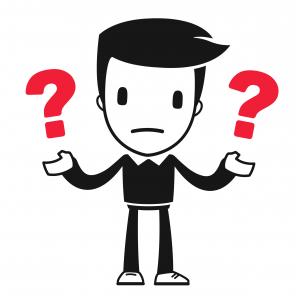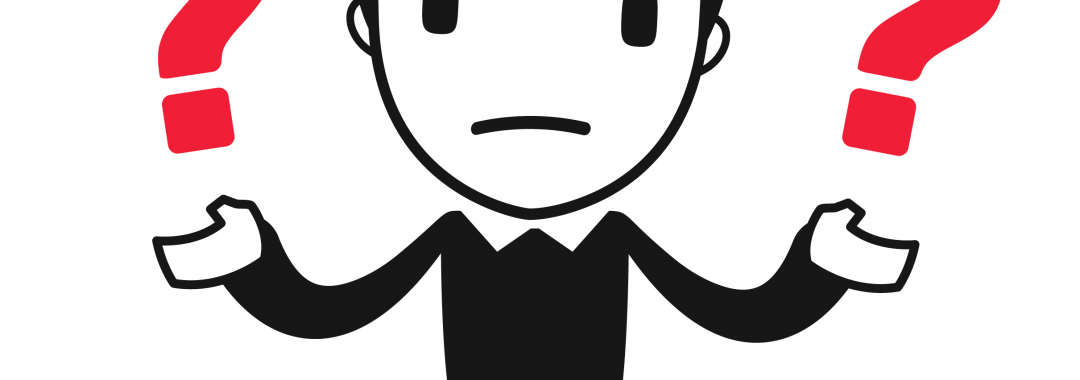 The other day, I had a student ask me about her start-of-class quiz. She hadn’t done well.
The other day, I had a student ask me about her start-of-class quiz. She hadn’t done well.
“Tell me what happens when you see the questions,” I said.
“I always think I know the answer, but then I think I must be wrong, so I choose a different answer.”
“And how does that work out?”
She admitted that most of the time, her first instinct was correct, but she doubted herself so much that she second-guessed herself.
She was surprised when half the class agreed that this was a common problem for them, too.
How do you stop second-guessing yourself?
Surprisingly, the answer just requires a little bit of self-control and self-confidence.
First, about the self-confidence: consider how much time you’ve put into study, and whether you’re studying effectively. Have you spent some time with the material? Have you made notes, made flash cards, quizzed yourself? If so, your gut instinct is probably pretty good! If you aren’t good at trusting yourself, take a look at this blog post that talks about how to learn to do that.
Second, about the self-control: limit how many times you’ll let yourself second-guess yourself. I suggested “You can give in to your second-guessing once every 25 questions, but that’s it. So if you’ve already second-guessed yourself twice on a 50-question exam, then you have to go with your gut instinct the rest of the time.”
Finally, hold yourself to it. This is a deal you’re making with yourself to stop second-guessing so much, and to start trusting yourself a little more (or a lot more). You have to hold yourself to this bargain and see if it works.
Today my student came up to me after this morning’s quiz. “My gut said the answer to the first question was “true,” so I almost chose “false,” but then I remembered what you said, so I chose “true.”
She trusted her gut, and she got the right answer.
She has 20 questions of “no second guessing” left before she can second-guess again – but I’m willing to bet she’s going to learn how to stop second-guessing soon.

